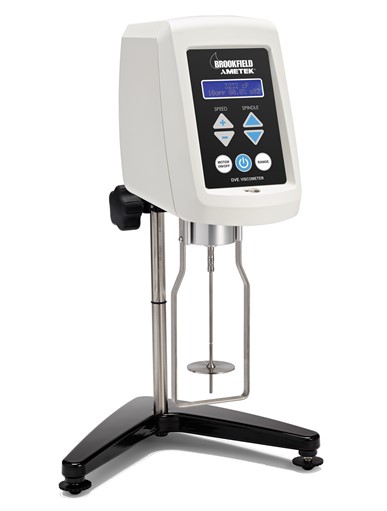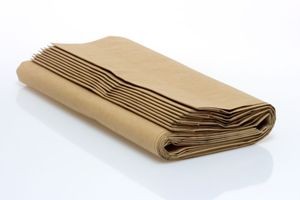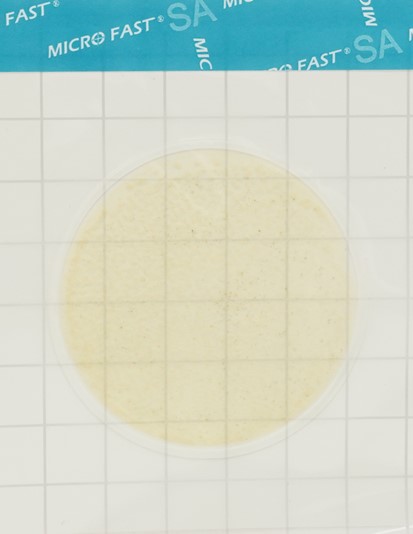Cyprus declared “zero tolerance” for circumventing sanctions against Russia

The Cypriot authorities adhere to a “zero tolerance” policy towards citizens of the country and companies that help circumvent anti-Russian sanctions . This was stated by the President of the Republic Nikos Christodoulides at a press conference following his 100 days in office, Associated Press reports.
The current administration's mission is to protect Cyprus' status as a "reliable business and financial center," given that Britain and the United States recently included several Cyprus citizens and island-registered firms on a list of "helping" Russian entrepreneurs evade sanctions, the president said.
“Trust in our country abroad is extremely important so that we can attract quality investment that would generate income for our country, create new quality jobs and much more,” said Christodoulides.
Cyprus "is on the right side of history" by supporting anti-Russian sanctions, having suffered like Ukraine following conflict with Turkey in 1974, he added.
Cyprus has been divided between Greek and Turkish communities since 1974. In 1983, the Turkish Republic of Northern Cyprus was proclaimed in the north of the island, but only the Republic of Cyprus, which controls the south of the island, remains internationally recognized. The Greek and Turkish communities negotiated the reunification of the island, but were unsuccessful. The Greek community considers the northern territory of Cyprus occupied.
The President ruled out transferring the country's T-80 tanks, armored personnel carriers and anti-aircraft missile systems to Kyiv in exchange for newer Western military equipment. He explained that the administration will not take any actions that reduce the country's defense capabilities, since “the Republic of Cyprus is under occupation.” His predecessor, former President of Cyprus Nicos Anastasiades, took the same position. The country's authorities have refused to supply weapons to Kyiv since the beginning of the special operation.
Read PionerProdukt .by Money is flowing away: we are looking for problem areas in procurement to reduce costs Without “film feed” and alcohol: how actor Georgy Vitsin lived Russia may freeze the DTA. How it will turn out Be like Rothschild: what the Jewish laws of big money sayIn mid-April, the United States and Great Britain imposed restrictions on 20 Cypriot companies due to circumvention of sanctions against Russia. Among them are The Sister Trust (its founders are the founder of the USM holding Alisher Usmanov and his sister Gulbahor Ismailova), as well as the companies Almenor, Klaret Aviation and Navis Marine, owned by The Sister Trust and registered in Cyprus, based in the Cayman Islands.
Usmanov's representative told RBC that neither the billionaire himself, nor Gulbahor Ismailova, nor any of his relatives are currently the owners of the trust.
Restrictions were also imposed on 23 citizens, ten of whom only have a Cypriot passport, and 13 who have dual or triple citizenship.
After this, the largest Cypriot bank, Bank of Cyprus, began sending out notifications to clients about the closure of accounts. The reasons given were tax residency in Russia, income from a sanctioned business, remote work for Russian companies, as well as an “atypical” residence permit. Later, the bank clarified to RBC that about 4 thousand Russians received notifications. Then the accounts of 13 companies and individuals were blocked in Cyprus, which, according to the authorities, helped to circumvent American and British sanctions.
Interfax, citing data from the X-Compliance system, writes that Western countries most often apply secondary sanctions for violating restrictions against Russia in relation to Cypriot companies.
The Russian Foreign Ministry has repeatedly called the sanctions illegitimate, since they were introduced without the approval of the UN Security Council. President Vladimir Putin emphasized that the West's calculations on the collapse of the Russian economy did not come true.




























































